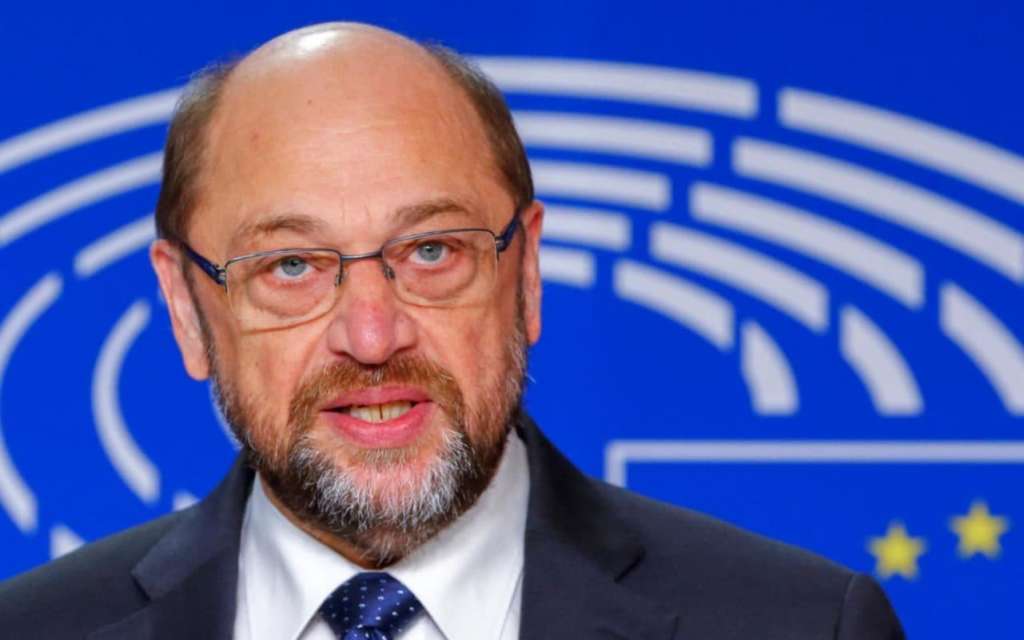Cologne, Germany – Martin Shultz, the Social Democratic candidate for the German Chancellorship against conservative Angela Merkel, started his life as a football player. Shultz enjoys a great popularity in the Northern Rhine Governorate of 20 million population and Social Democratic Party leaders see that he could achieve a high balloting rate in this region to overtake Angela Merkel.
Education and Journey
Martin Schulz was born in Eschweiler on 20 December 1955, in a family of different political views – his father Albert Schulz was a local policeman who belonged to a social democratic family while his mother Clara Schulz belonged to a conservative Catholic family and was active in the Christian Democratic Union. In this entourage, Shultz chose to join the Social Democratic Organization and started his political journey.
During his childhood he studied in a Catholic school but his passion for football obstructed his academic journey. After he failed two academic years in a row he left school to practice football, however, he suffered from a knee injury which destroyed his dream of becoming a football player.
Shultz worked in books and libraries for five years before he established his own publication house in For-Zilin with his sister Doris.
In 1970, he was elected as a member in the For-Zilin City Council, and then became the city’s Mayor in in 1987 – he maintained this position till 1998 and became the youngest mayor of a German city since the Second World War. Between 1994-2017 he was elected as a member in the European Parliament and reached the presidency of the European union between 2012-2017.
On 24 November, Shultz surprised everyone when he announced his resignation from his current position, stating that he wants to dedicate his time for the German Parliament, and that he will represent his party in the Rhine region. After Merkel announced running for another term in Chancellorship, the Social Democratic Party finally decided to nominate Shultz as their candidate for the same position.
In the beginning, the Christian right-wing parties were careless about Shultz’s nomination, but the results of the first referendum raised their concerns. The Christian Democratic Union of Germany and the Christian Social Union in Bavaria met and agreed to postpone their disputes on refugees-related policies and to back Merkel “to confront a strong rival”, they said.
As part of the campaign to weaken their Social Democratic rival, the Christian block in the parliament prepared a document of 9 pages on the mistakes Shultz committed while he served as EU’s president, meanwhile Merkel maintained silence.
Referendum Results
Two weeks after the announcement of Shultz’s candidature, the first referendum showed that votes for the Social Democratic Party rose from 22% to 28% – they also showed that people preferred him over Merkel and gave him 54% of their votes versus 39% for the current chancellor.
However, popularity in Germany does not play a significant role in the election since the Chancellor shall be elected by the parliament.
